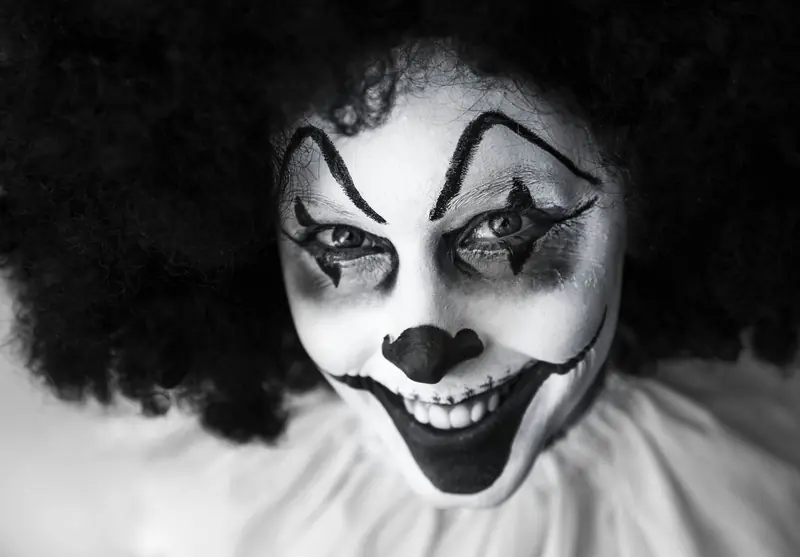
A team of psychologists from the University of Southern Wales in Australia has taken an interest in why the fear of clowns, known as coulrophobia, is prevalent among both children and adults across various cultures. The researchers set out to explore the nature of this phobia.
They developed a psychometric questionnaire to assess the prevalence and severity of coulrophobia. The survey involved 987 volunteers aged between 18 and 77 years.
More than half of the respondents (53.5%) reported that they are afraid of clowns. Additionally, 5% of participants indicated that they experience an intense fear of clowns.
This percentage of extreme fear is even higher than that of many other phobias. For instance, 3.8% of people have a strong fear of animals, 3.0% fear blood, 2.8% are afraid of heights, 2.2% fear enclosed spaces, and 1.3% have a fear of flying.
The researchers found that women are more afraid of clowns than men. They also noted that coulrophobia tends to decrease with age, as reported by Science Alert.
Sources of Fear
The next step was to investigate the origins of this phenomenon among the 53.5% of respondents who fear clowns. Volunteers were asked to choose the reason for their coulrophobia from a list of possible explanations.
- A terrifying or unsettling feeling caused by clown makeup, which makes them resemble dolls and mannequins.
- Exaggerated facial features that are associated with danger.
- Clown makeup conceals emotional signals.
- The colors of clown makeup evoke thoughts of death, infection, or bloody injuries, triggering disgust or a desire to flee.
- The unpredictable behavior of clowns causes discomfort.
- Coulrophobia has been passed down from family members.
- The negative portrayal of clowns in popular culture.
- A frightening experience with a clown.
Interestingly, the last explanation regarding personal experiences with clowns was the least common reason cited for the fear. Much more frequently mentioned was the factor of negative portrayals of clowns in popular culture, such as the terrifying clown Pennywise from Stephen King’s novel “It.” Some respondents even noted that they fear the seemingly innocent Ronald McDonald, the mascot of the fast-food chain.
The strongest factor contributing to the development of this phobia appears to be the hidden emotional signals beneath the clown’s makeup. People begin to fear clowns because they cannot see their facial expressions, and therefore, cannot understand their emotional intentions.
